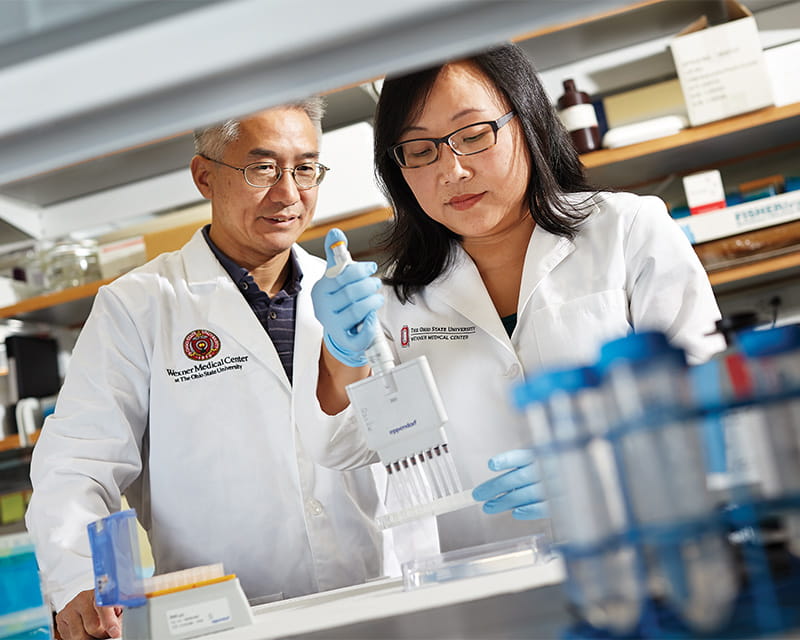
Alcohol-related aggression: New therapies may result from Ohio State study

Prolonged inflammation in the normal aging brain from triggers like surgery, bacterial infection or a high-fat diet can lead to long-term memory deficits, according to researchers at Ohio State’s Institute for Behavioral Medicine Research.
Ruth Barrientos, PhD, associate professor, and her research team are using animal models to investigate mechanisms and effects of neuroinflammation – and how prolonged inflammation might be stopped or delayed.
The brain’s aging process primes the microglia, the brain’s immune cells, lowering their threshold to activate. “When aging is combined with one of those triggers [surgery, infection, high-fat diet],” Dr. Barrientos says, “microglia become hyper-activated, producing prolonged inflammation, which impairs memory-forming functions.”
She continues, “We have demonstrated that behavioral interventions such as exercise and reducing saturated fats in one’s diet can normalize microglia, reduce the inflammatory response in the brain and protect memory function.”
The team hopes to shed further light on these findings with three neuroinflammation studies using animal models: